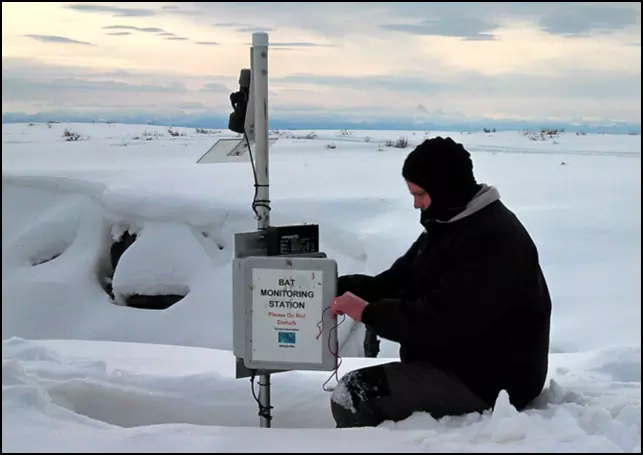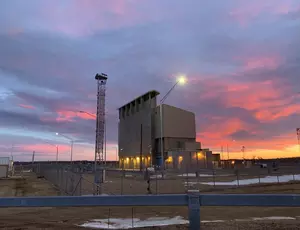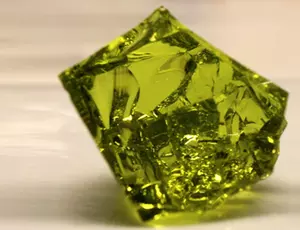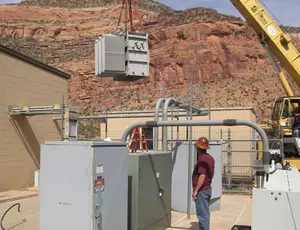GeoMelt® for Idaho National Laboratory
VNSFS has been showcasing the capabilities of GeoMelt® for several years now under contracts with the Idaho National Laboratory (INL). In late 2019, the team completed treatment of 934 drums containing residual radioactively contaminated sodium waste using our 10-ton GeoMelt® In-Container Vitrification (ICV™) system located at the Perma-Fix Northwest facility in Richland, Washington. The demonstration treatment effort took place over a series of melts that were performed over the course of a year.
The drums were contaminated with residual amounts of low-level radioactively contaminated elemental sodium from the Enrico Fermi Atomic Power Plant. INL had maintained and monitored the drums since the 1980s (when the drums were originally received in Idaho), prior to shipping them to Richland for the demonstration treatment effort.
GeoMelt® has treated more than 26,000 tons of hazardous, radioactive, and mixed waste since it began commercial operations in 1993. To learn more about how VNSFS is using GeoMelt® in the United States, go here.
The VNSFS Technology Operations Group is pursuing a number of other opportunities globally where GeoMelt® is seen as an innovative approach that reduces the lifecycle cost and schedule of waste disposition while also increasing safety for workers, the nuclear cleanup industry and the public.
Nuclear Regulatory Commission
In support of the U.S. Department of Energy (DOE) Idaho Cleanup Project (ICP), VNSFS manages Spent Nuclear Fuel storage facilities and licenses under Nuclear Regulatory Commission (NRC) regulations.
The scope includes:
Security Oversight of Three Mile Island-2 (TMI-2) Independent Spent Fuel Storage Installation (ISFSI) at INTEC at INL. This includes management and oversight of all S&S areas, and oversight of INL operations contractors.
S&S Program Management at INL Willow Creek Building, Room 240D Classified Area: Management & operation of all S&S areas
VNSFS also manages license compliance for the licensee at the Ft. Saint Vrain (FSV) ISFSI facility in Platteville, Colorado (DOE-owned, NRC-regulated), located about 600 miles away.
VNSFS also supports DOE in its interactions with stakeholder and oversight organizations by providing information and technical data, as requested, and supporting tours. VNSFS coordinates release of all public information with DOE prior to release. Examples of support provided by VNSFS include interactions with Local Emergency Responder organizations; interactions with the state of Idaho and/or Colorado; interactions with the Tribes; interactions with the Citizens Advisory Board, the FBI, the NRC, and DOE headquarters.

Environmental Surveillance, Education and Research program
VNSFS performs independent environmental surveillance, natural resources management support and research, radioecological management support and research, and public education for the DOE Idaho Site (DOE-ID) in the Environmental Surveillance, Education, and Research (ESER) program.
Our expertise in areas such as natural resource regulations, site ecology, radioecology and site characterization provide important support to DOE for its ongoing and future site activities. Support to DOE with the National Environmental Policy Act, Endangered Species Act, and Migratory Bird Treaty Act are also important components of ESER. The work requires an indepth knowledge of ecosystem science and, specifically Idaho Site ecosystems.
Additionally, VNSFS conducts a public education and outreach program, designed to encourage interest in environmental science in K-12 students. We reach more than 15,000 students each year in their classroom and more than 100 teachers every summer through recertification workshops. ESER experts also deliver about 10 technical presentations annually and publish a variety of journal papers.





